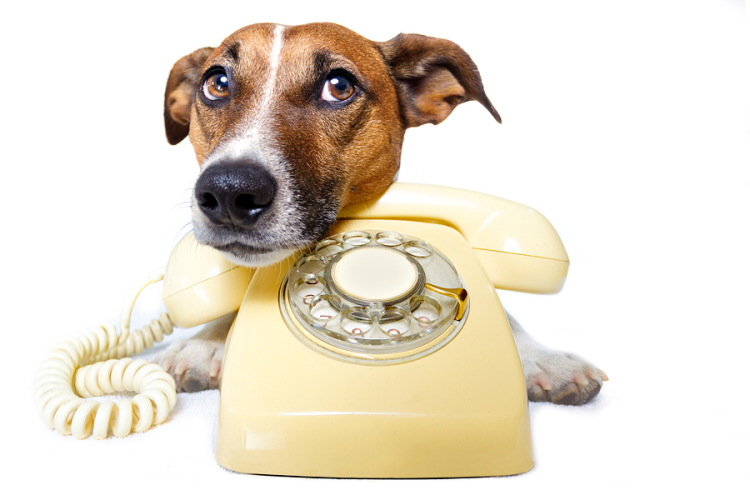Writers had a lot of things going for them, but, generally speaking, there is one thing that can work against them when it comes to doing interviews…
Writers tend to be introverts.
So why does that work against you? Well, most interviewers will tell you that the #1 thing they avoid is dead space. You know, those painful moments of utter silence when nobody can think of anything to say. Or when someone gives a one-word response to a question, leaving the interviewer—and the listeners—hanging. So how do you avoid that? Simple, prepare ahead of time.
Whether your book is fiction or nonfiction, published or not, it is helpful to have a list of potential interview questions and plugs. For one thing, thinking these through helps you better focus on who you are as a writer and what your core message is, which will will help you as you craft proposals and as you talk about your books with others. And when you have interview requests, you’ll be ahead of the game—and you’ll make the interviewer’s life easier as well. Always a good thing!
- Write 5 topics connected with your book. If you’re writing nonfiction, this is easy. But fiction writers can do this as well. One of the reasons interviewers are hesitant to talk with novelists is they keep thinking they have to talk about the story. You can clear up that misconception by finding the nonfiction topics in your novel. Focus on those for interviews.
- Write 5 possible topics connected to you (your background, education, personal experiences, previous work, unusual experiences, etc.) Don’t just think about your writing life, think about all of who you are and do. Hobbies, skills, talents, life experiences…they can all be fodder for discussion and stirring interest.
- Write 10 interview questions so that a radio or online host could read them and conduct a well-rounded 30-minute show that would cover the message of your book, your purpose in writing it, and you. Include a brief answer in parentheses for yourself. I can’t count the number of people who have told me they just went blank when the interviewer asked them a question. This way you won’t have to worry about it.
- Write down the main points you want to get across. Keep those in front of you during the interview to make sure you make them. Check them off as you do so. What to do if the interviewer doesn’t ask the right lead-in questions? Simple, just take the conversation where you want by saying something like, “You know, something else to consider is…”
- Be ready for questions you don’t want to answer. Think about the kinds of things someone could ask that you have no desire to discuss, and come up with responses that redirect the conversation. So if the interviewer says, “Your last book hasn’t sold very well, has it? Why do you think that is?” You can deflect and redirect with something like, “That’s a great question, but I’ve found that understanding the how and why of book sales is right up there with men understanding women. It’s a lot easier, though, to understand <insert your point here>…”
Here are a few sample questions (which are totally fictitious, of course…)
- In your previous books you tackled the elements of being a successful writer. Tell us what issue is behind your new book, “Taking Down Grizzly Bears.” (Answer: After being a writer for more than 30 years, I realized the survival skills I’d learned could work well in most any situation. And wrangling grizzlies is a breeze compared to facing down editors and agents!)
- How has your educational or professional training prepared you to deal with this topic? (Are you kidding? My work as an editor, agent, writer, in-house and freelance, taught me how to not just survive, but thrive, in fierce battles.)
- Have you faced such an issue yourself? (Every moment of every working day.)
- What is the single most important thing someone facing down a grizzly bear needs to know? (Answer: Never let ‘em see you sweat. And make sure you take along someone who can’t run very fast. That way all you have to do is outrun that person, not the bear.)
So there you go! Now that you’re prepared, you can relax and just have fun!


